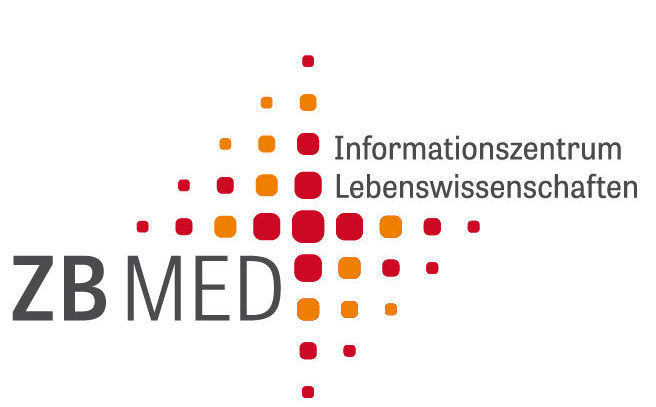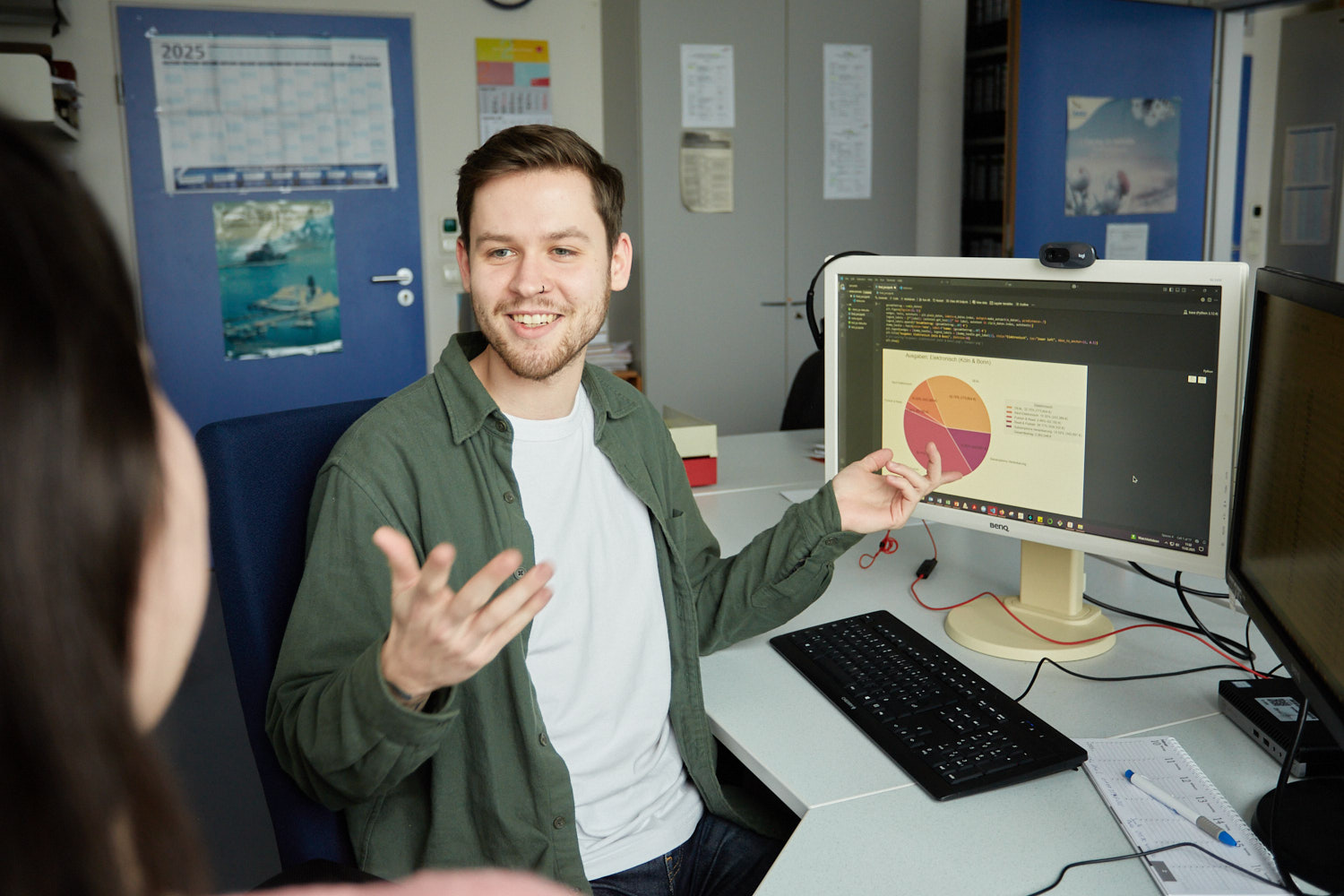The case of MDPI
By Petra Labriga
In December 2024, ZB MED finalised a nationwide consortium framework agreement for open access publications between the publisher MDPI and German research institutions. The consortium has already attracted participation from over one hundred German universities, universities of applied sciences, and other research organizations [1]. Despite its success, however, the initiative has sparked some controversy. We see this as an opportunity to clarify the process behind consortium negotiations and shed light on the role of our consortium office, using MDPI as a case study.
The role of ZB MED in consortium negotiations
As a member of the library committees GASCO [2] and Forum 13+ [3], ZB MED works on behalf of institutions across Germany to negotiate the terms of subscription and publication services for life sciences with specialised scientific publishers, as well as the conditions of use of databases and educational software services. These committees represent consortia of university, state, and central specialised libraries, as well as research associations. Within this framework, ZB MED also leads national, multidisciplinary negotiations. Notable examples include negotiations in 2023 with the publisher Frontiers, conducted in collaboration with TIB, and negotiations in 2024 with the publishers MDPI and Lippincott Williams & Wilkins, among others.
When publishers approach Forum 13+ to initiate negotiations, the Forum first evaluates the publisher’s proposal and consults with its 18 members to determine which institution will take the lead on the negotiations. The resulting agreements are typically structured as ‘opt-in’ offers, meaning that a consortium agreement is developed first, and universities and research institutions in Germany can choose to join voluntarily once the offer is finalised. This approach can be confusing for international publishers, as the consortium leader does not automatically represent “all German research institutions and universities”. Instead, the agreement is crafted first, and participating institutions opt in later.
Negotiations, of course, do not take place in a vacuum. Consortium-leading libraries are experts in acquisitions and collection development, with a deep understanding of both the scope and significance of publishers’ offerings. They maintain close communication with the academic community, regularly assessing its needs and expectations. From a science policy perspective, libraries are tasked with supporting and actively advancing the transition from closed access to open access, in line with the principles of open science. At the same time, they are also focused on achieving cost savings.
Principles and criteria for consortium negotiations
Market share and cost savings
When MDPI approached Forum 13+ in early 2024, it was already the largest Gold Open Access publisher in Germany (and globally) in terms of publication volume. In 2023, approximately 10,000 corresponding authors from Germany published articles with MDPI. According to OpenAPC [4], German institutions paid around 1.5 million euros in Article Processing Charges (APCs) to the publisher. MDPI thus ranked second in terms of Gold OA publications in Germany in 2023, behind SpringerNature, and also generated the second-highest total of Gold OA publication fees.
A key factor in ZB MED’s decision to enter negotiations was that medicine and life sciences make up 37 percent of MDPI’s entire journal portfolio [5]. This figure underscored the potential for significant cost savings through a national consortium agreement, which could benefit the German scientific community.
The negotiations culminated in a substantial savings potential of up to 30 percent. Previously, discounts in MDPI’s Institutional Open Access Programme (IOAP) ranged from 10-15 percent. Based on the publication expenditure for MDPI in 2023, the savings from the new offer are estimated to exceed EUR 500,000. This figure does not yet account for the additional savings potential from the unlimited flat-fee model [6]. The IOAP programme currently includes around 900 participating institutions worldwide, including numerous national consortia [7].
Qualitative evaluation of content
MDPI has faced criticism for some time, with various questions raised about its practices and quality. These concerns include: Is MDPI a predatory publisher [8] or do individual MDPI journals exhibit predatory characteristics? Does the high number of special issues ‒ thematic issues outside regular journals that significantly increase the publisher’s volume ‒ indicate profit-driven motives and poor quality [9]? Is aggressive author marketing via email merely a nuisance or does it constitute predatory behaviour [10]? Do self-citations boost the impact factor? And perhaps most critically: Does MDPI compromise quality standards through its peer review process, which is notably faster than industry norms [11]?
As part of its preparation for all consortium negotiations, ZB MED assesses the following criteria:
- Percentage of the journal portfolio in the DOAJ
- Percentage of journals with a Journal Impact Factor (Web of Science)
- Percentage of the journal portfolio indexed in Web of Science, Scopus, and Dimensions
- Membership and activity of the publisher in organisations such as COPE [12], OASPA [13], and STM [14]
- Percentage of articles retracted in recent years (Retraction Watch)
- Number of rejected submissions
We consider it the responsibility of the consortium leader to investigate evidence-based criticisms and specific concerns, addressing any issues that could potentially hinder negotiations or agreements. In the case of MDPI, we also relied on surveys and studies from colleagues in libraries and academia who have previously examined MDPI and the broader landscape of Gold Open Access publishers [15]. After reviewing these studies and engaging in extensive discussions with peers, we identified some valid criticisms regarding quality. However, these issues appear to be limited to specific, isolated cases or individual journals, rather than being characteristic of the publisher’s entire portfolio. As with other publishers, it is crucial to evaluate individual journals, a task that we, as consortium leaders, are not positioned to perform comprehensively.
Throughout the negotiation process in 2024, ZB MED actively fostered dialogue on the MDPI consortium. As part of this effort, we organised and hosted two information sessions that provided a platform to discuss quality concerns, such as the impact of special issues. These events allowed us to conclude that MDPI cannot be broadly classified as a publisher with consistently low quality.
Academic freedom and responsibility in publishing
While our assessment may not satisfy everyone, the 108 institutions that have opted to participate in the consortium are responding to the preferences of their researchers who choose to publish with MDPI. These institutions grant their scientists the autonomy to decide whether a particular publisher aligns with their goals of reaching their community and offers a suitable publishing environment. At the same time, they benefit from reduced publication costs.
In Germany, the freedom to choose where to publish is a fundamental aspect of academic freedom. Authors select publication venues based on factors such as reach within the scientific community, prestige, speed of publication, cost, and other considerations. Libraries play a key role in this context by advising researchers, coordinating the publishing process, and overseeing budgets. At times, they may also influence authors’ publishing options by denying funding for publications with specific publishers, which can indirectly impact academic freedom. Such interventions should only occur through open, transparent discussions that provide all parties with the opportunity to be informed and heard, and should be based on legitimate reasons. This approach is the most effective way to address issues and improve the situation.
It is important to note that every publishing portfolio encompasses a variety of journals with different approaches to quality assurance. Authors publishing with MDPI can select journals that align with their standards and expectations. These choices should reflect the general quality standards expected of scientific journals and publishers, particularly in relation to good scientific practice. ZB MED is available to advise authors on publishing matters [16].
We also recognise that it is the responsibility of the consortium leader to address new, evidence-based concerns and engage with the publisher regarding any misconduct or unfavourable developments, working toward improvements where necessary. A national consortium wields more influence than any single institution acting alone.
We look forward to the upcoming two-year consortium phase with great interest. We remain open to feedback and suggestions, and are committed to maintaining a constructive dialogue with all consortium participants ‒ as well as with those who are currently critical of the offer and of our approach.
This is the English translation of the article: Konsortialverhandlungen: Wie ZB MED deutsche Forschungseinrichtungen unterstützt
- Further information on the agreement.
- GASCO
- Forum 13+
- OpenAPC
- Source: OA Monitor
- MDPI’s flat fee model includes unlimited publishing at an individually calculated fixed price per year. More information at https://www.zbmed.de/fileadmin/user_upload/Bibliothek/Konsortiallizenzen/Produktblatt_MDPI-ZBMED_2025-2026_oI.pdf
- MDPI’s Institutional Open Access Program (IOAP)
- Further information on predatory publishing: https://www.publisso.de/en/advice/publishing-advice-faqs/predatory-publishing and https://en.wikipedia.org/wiki/Predatory_publishing
- Dorothy Bishop: Now you see it, now you don’t: the strange world of disappearing Special Issues at MDPI. BishopBlog, 2024: https://deevybee.blogspot.com/2024/09/now-you-see-it-now-you-dont-strange.html
- Various blog posts provide a good overview: https://www.laborjournal.de/rubric/hintergrund/hg/hg_22_06_03.php?consent=1 (2022) and https://paolocrosetto.wordpress.com/2021/04/12/is-mdpi-a-predatory-publisher/ (2021)
- René Aquarius: My experience as a reviewer for MDPI. BishopBlog, 2024: https://deevybee.blogspot.com/2024/08/guest-post-my-experience-as-reviewer.html?m=1
- COPE
- OASPA
- STM
- A critical scientific study on MDPI from 2021 had to be corrected: https://academic.oup.com/rev/article/30/3/405/6348133.
Current studies, including very detailed ones, conclude that some things at MDPI are not running optimally, as is also the case at some other publishers, but that it nevertheless provides good publishing opportunities for young researchers: https://www.iaras.org/iaras/filedownloads/ijems/2024/007-0001(2024).pdf.
Criticism only applies to individual journals (as with other publishers) and the denigration of an entire publishing house is not appropriate: https://arxiv.org/pdf/2411.08051, https://www.iaras.org/iaras/filedownloads/ijems/2024/007-0001(2024).pdf.
MDPI from the perspective of the publishing industry: https://scholarlykitchen.sspnet.org/2020/08/10/guest-post-mdpis-remarkable-growth/
An example of a user survey in Germany can be found here: https://b-i-t-online.de/heft/2024-02-fachbeitrag-pohlmann.pdf - Information on advice provided by ZB MED on publishing matters,




Pingback: Konsortialverhandlungen: Wie ZB MED deutsche Forschungseinrichtungen unterstützt – ZB MED-Blog